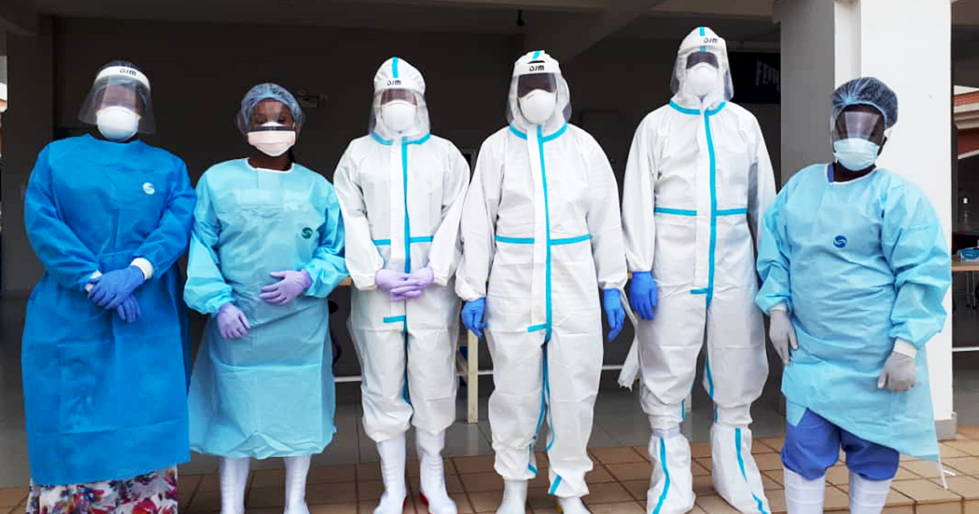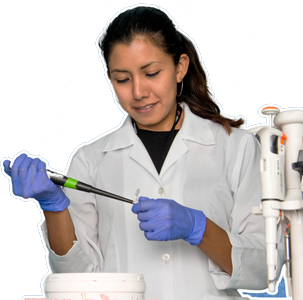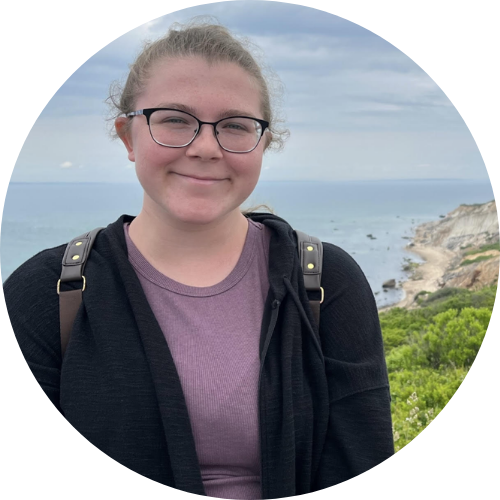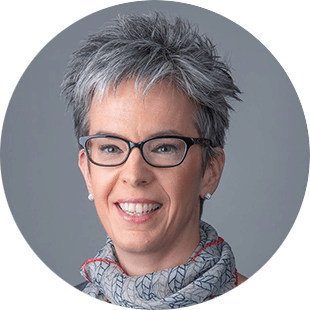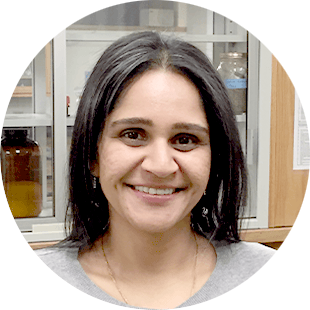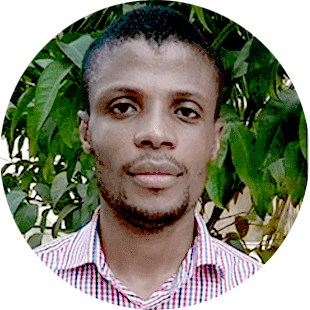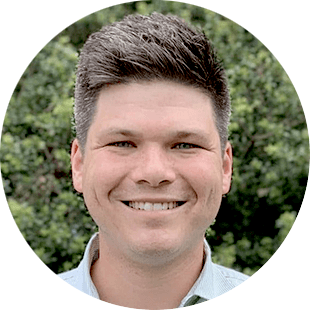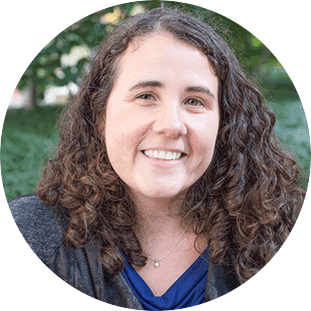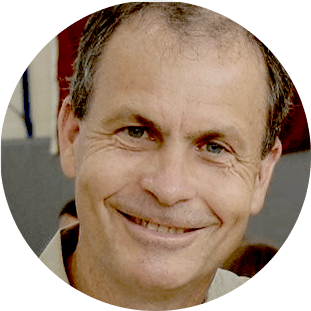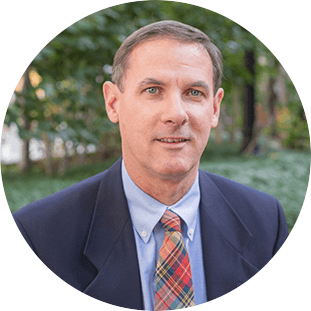Pictured above: Scientists at the Malawi University of Science and Technology in full personal protective equipment (PPE), preparing to analyze COVID-19 test kits in their lab.
Though no one was entirely prepared for the COVID-19 pandemic, scientists around the globe were required to respond. The world needed the ability to test and contact trace; labs that had the necessary equipment stepped up to answer this urgent call.
Because the Malawi University of Science and Technology (MUST) received a 2017 Instrumental Access award, Dr. Gama Bandawe and his lab already had most of the equipment they needed to join the fight against COVID-19.
But to fully ramp up their ability to perform COVID-19 diagnostics, they needed a few specialized instruments that were hard to come by.
Thanks to our equipment donors, Seeding Labs was able to supply the missing pieces in Dr. Bandawe’s new diagnostics workflow. He and his team have now processed more than 1,000 COVID-19 tests, filling an important need in Malawi’s pandemic response.
In addition, they are supporting Malawi’s National Reference Laboratory in the validation of rapid antigen tests for nationwide deployment.
Dr. Bandawe’s lab is part of a three-country global implementation study in partnership with the Mass General Brigham Center for COVID Innovation. The study—which is taking place in Kenya, Bangladesh, and Malawi—will assess the field performance and implementation of a COVID-19 antigen test developed by biotech company BD Veritor.
Antigen tests are a possible alternative to laboratory-based PCR. They may be more suitable for countries like Malawi because they have a shorter turnaround time and do not require expensive specialized reagents.
New Equipment for New Challenges
The initial influx of equipment from Seeding Labs, which included thermal cyclers and refrigerators for sample storage, prepared Dr. Bandawe’s lab at MUST for teaching and research. Dr. Bandawe feared that the number of testing facilities in Malawi would be inadequate. With a solid foundation in place, he approached the government to support the country’s pandemic response.
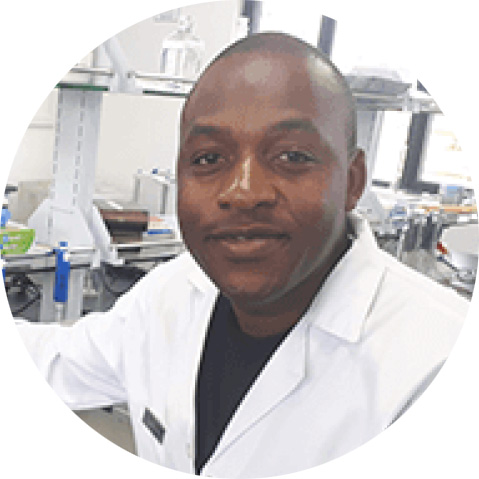
Knowing he would need specialized equipment, Dr. Bandawe contacted Seeding Labs, and equipment donors were ready to support his efforts.
Interested in helping, the Baker Company generously donated a biological safety cabinet specifically for Dr. Bandawe’s lab. With the safety cabinet, or “hood”—which contains the samples in a safe environment—the lab staff at MUST would be able to perform COVID-19 diagnostic tests safely, reducing their risk of exposure to the virus. It was also a crucial upgrade needed for MUST to earn their accreditation as a diagnostics lab.
“Many of the labs doing testing [in Malawi] have had challenges getting accredited and certified by the Ministry of Health, and a big issue has been [the quality of their] hoods,” says Dr. Bandawe. “We are really incredibly blessed to have a beautiful high-quality hood like this.”
Seeding Labs also provided Dr. Bandawe’s team with a real-time (or quantitative) PCR machine, a piece of equipment that was in high demand as testing surged worldwide. This instrument enables researchers to perform the most accurate possible test for the presence of COVID-19 virus.
With the right equipment in place, MUST could be relied upon to perform a high volume of accurate COVID-19 tests.
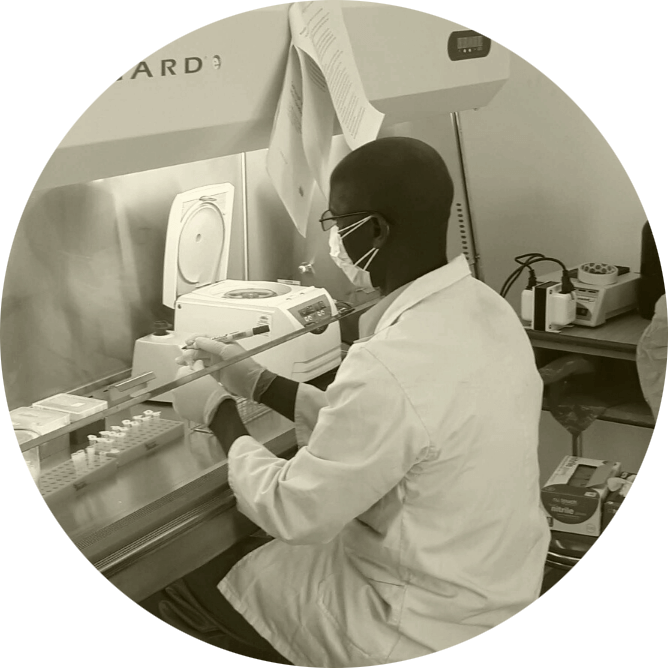
The equipment has given us the ability to act and allowed us to reclaim some sort of agency over our fate in this unprecedented global struggle."
Dr. Gama Bandawe
Senior Lecturer and Head of the Biological Sciences Department,
Malawi University of Science and Technology & Instrumental Access awardee
Over 1,000 tests analyzed in the pandemic’s second wave
MUST continues to adapt to the challenges put in front of them. As the new equipment was installed and started running in September, Malawi’s first wave of the epidemic was coming to an end.
During this relatively calm period, the lab began validating antigen kits for use in future waves. Being able to use antigen kits would give Malawi the capability to test more people and return results faster. But the scientists at MUST first needed to understand its false failure rates before they could use it broadly.
The period of calm to perform these studies was short-lived. Sure enough, the second wave of COVID-19 presented in late December and arrived with its own challenges: holiday travel, the beginning of the rainy season, and the emergence of a new COVID-19 variant first identified in South Africa, Malawi’s regional neighbor.
January 2021 saw a 40% increase in COVID-19 cases in Malawi. Dr. Bandawe’s lab, at full capacity for running rtPCR tests at the end of the first wave, now splits its time between testing and validating the antigen kits
Dr. Bandawe’s lab was also poised to provide services to the community, testing community members in the nearby city of Blantyre.
“The scientific infrastructure allows us to respond to a need,” says Dr. Bandawe. “It allows us to do things that weren’t even in the realm of possibility before.”
With the right investments in the necessary resources, laboratories across the world can do the same. Thanks to your support of global science, many more scientists will be prepared for the next challenge.
Dr. Bandawe offers hope in the face of these challenges, saying, “One can very quickly develop a sense of hopelessness when the number of infections keeps rising and loved ones and acquaintances are dying. The equipment has given us the ability to act and allowed us to reclaim some sort of agency over our fate in this unprecedented global struggle.”
